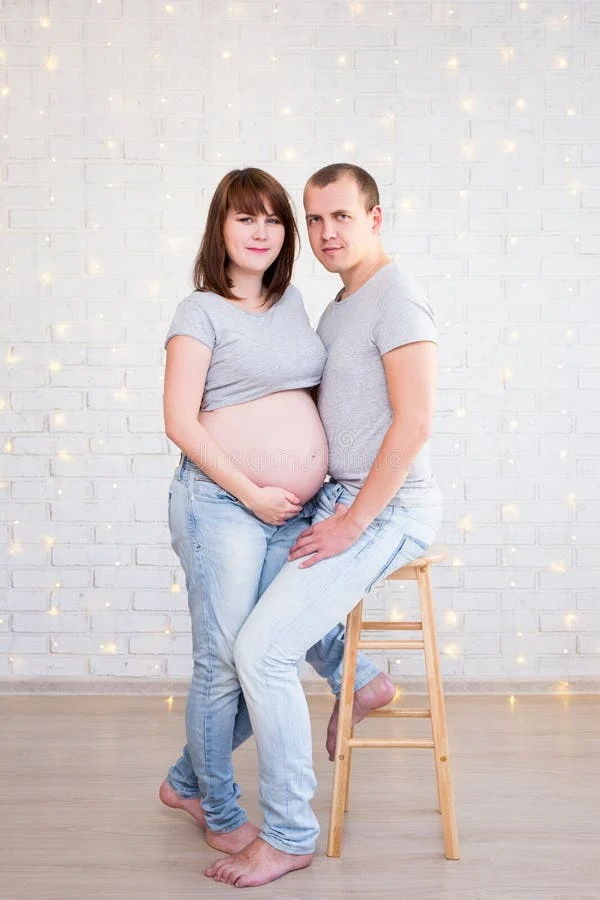As a parent, witnessing your child come home from school can be a routine filled with mixed emotions. I remember the day when my daughter, Mia, hopped off the bus, her backpack almost flying through the air as she tossed it my way. It might look a bit rude to anyone watching, but it’s just our usual silly interaction. Inside that heavy bag are not just books, but her beloved art supplies—today’s a craft day.
“I know five bad words,” Mia announced, her eyes gleaming with mischief.
“Really? Which ones?” I asked, my heart racing. The last thing I wanted was for her to start tossing around inappropriate language.
“I’d never say them,” she assured me, which felt like a relief. “But they start with S, F, D, B, and H…”
My heart sank. I never imagined “bitch” and “hell” would still be on kids’ radar. As an adult, I tend to brush off swear words—working in a high-stress environment has desensitized me. Yet, it’s interesting to consider how the impact of such words has faded over the years.
Take the classic film Gone With the Wind, for instance. The famous line, “Frankly, my dear, I don’t give a damn,” was nearly cut due to censorship concerns back in 1939. Fast forward to today, and we hear far worse in our television shows without a second thought.
George Carlin’s “Seven Dirty Words” monologue from 1972 highlighted what were considered the worst of the worst back then. Interestingly, the words that shocked audiences then have become fairly commonplace now. Watching just one episode of a modern series will expose you to all sorts of language that once would have raised eyebrows.
Reflecting on my own childhood, I remember first hearing those words on the playground. They seemed powerful, almost like a rite of passage. I wonder if Mia feels that same pressure from her peers. Back then, we hurled words like “gay” and “retarded” to belittle others—harsh words that I now regret. I can’t even begin to imagine how I would react if someone ever made Mia cry like that.
A few weeks later, we found ourselves snuggled up on the couch, watching an old episode of Full House. I owe an apology to everyone I mocked for enjoying that show—it’s actually wholesome entertainment. In one episode, a character calls another a “geek-burger,” showcasing what was deemed an acceptable insult back in the day.
“Hey Mia,” I asked jokingly, “Am I a geek-burger?” She nodded, still fixated on the screen. I paused the show to have a moment of honesty. “You know, I’m proud of you for steering clear of bad words, but what concerns me more is using words that hurt others.”
“What do you mean?” she asked, a little confused.
“Some words are bad simply because people don’t like hearing them, while others are truly mean and can hurt feelings for no reason at all,” I explained. She seemed to understand, and I couldn’t help but think I was, indeed, a bit of a geek-burger myself.
Navigating these conversations can be challenging, but they’re essential in teaching our children about respect and kindness. If you’re interested in learning more about creating a nurturing environment for parenting, you might find this article on Cervical Insemination helpful. And if you’re considering home insemination, check out this reputable retailer for quality kits. For those looking for guidance on pregnancy and home insemination, this resource is an excellent starting point.
In summary, while it might be easy to dismiss swearing as just another phase, it’s crucial to engage our children in conversations about language—especially the words that can inflict pain. Teaching them the difference between inappropriate language and hurtful words can build their emotional intelligence for years to come.

Leave a Reply